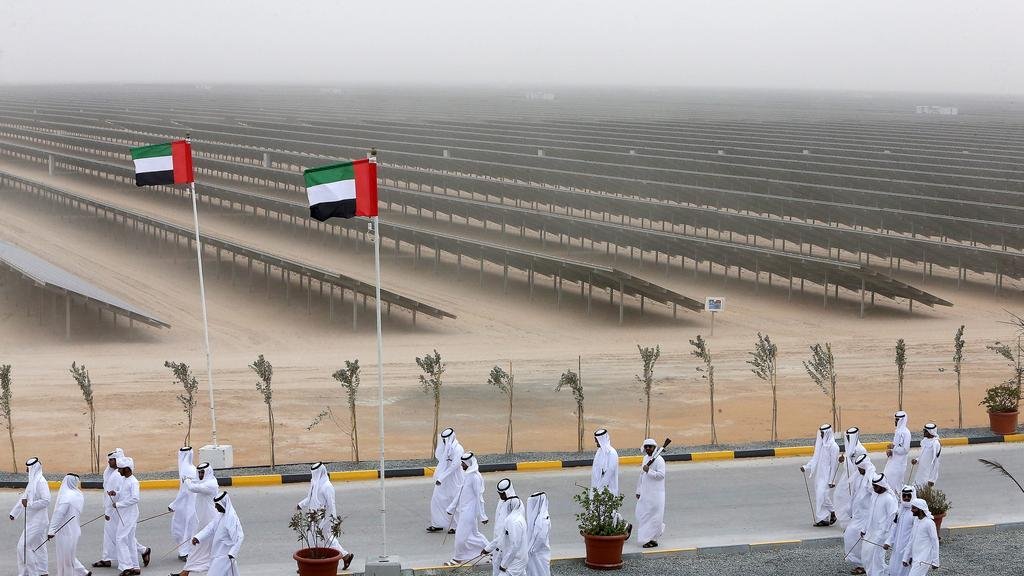The United Arab Emirates has become the first Persian Gulf petrostate to Aim for net-zero carbon emissions by 2050. The UAE is among the world’s highest emissions per capita, and has committed over $165 billion towards the transition to clean energy.
Many believe this is a very ambitious plan and can help strengthen the global Net-Zero initiative. It also put additional pressure on Saudi Arabia and others in the region to make a similar vow.
The United Arab Emirates is a member of the OPEC, which has a more optimistic view on the future of oil.
Under a business-as-usual scenario, the cartel believes that demand for fossil fuels will only peak in the 2040s. And the International Energy Agency sees the world consuming up to 24 million barrels of oil per day by 2050, down from approximately 100 million presently, under its scenario for reaching net-zero.
There is a loophole in the UN standards, for net-zero as it only takes into account emissions created “within” a country’s borders and would only include the extraction and processing of exported fuel.
The UAE has no intention of abandoning fossil fuels anytime soon though. The Abu Dhabi National Oil Company (ADNOC), the state energy powerhouse, plans to raise its oil production capacity to 5 million barrels per day within a decade, up from a little over 4 million.
The aim is that these emissions will be offset by absorbing and burying carbon dioxide or growing trees by then.
Despite the UAE’s decades of efforts to diversify the economy, the UAE is strongly reliant on oil and gas exports, which account for over 30% of its GDP.
“The UAE net-zero initiative will provide us with precision and boost our efforts to accelerate the energy transition,” the Department of Energy of Abu Dhabi, the capital, said in a statement.
The new deadline aligns the UAE with the majority of major economies, and scientists believe it provides the world a fighting chance of averting the worst effects of global warming.
The UAE has already begun to improve its environmental status and the International Renewable Energy Agency is headquartered in Abu Dhabi. The city’s $240 billion sovereign wealth fund, Mubadala, has made significant investments in its renewable-energy subsidiary Masdar.
ADNOC has also begun testing shipments of blue hydrogen, a fuel considered critical to the energy transition.
This pledge is the most recent from governments ahead of the United Nations-sponsored COP26, which is being held in Glasgow in early November. This may also help strengthen the UAE’s ambition to host the 2023 climate conference, COP28.

